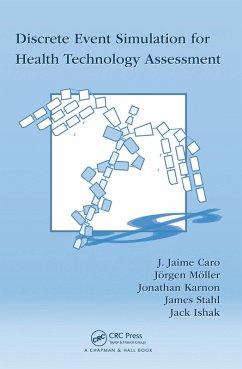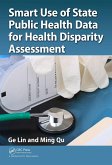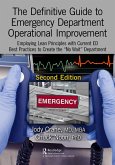This is the first book to make all the central concepts of discrete event simulation relevant for health technology assessment. Accessible to beginners, the book requires no prerequisites and describes the concepts with as little jargon as possible. It presents essential concepts, a fully worked out implementation example, approaches to analyze the simulations, the development of the required equations, model verification techniques, and validation. The book also covers various special topics and includes a real case study involving screening strategies for breast cancer surveillance.
Dieser Download kann aus rechtlichen Gründen nur mit Rechnungsadresse in A, B, BG, CY, CZ, D, DK, EW, E, FIN, F, GR, HR, H, IRL, I, LT, L, LR, M, NL, PL, P, R, S, SLO, SK ausgeliefert werden.









